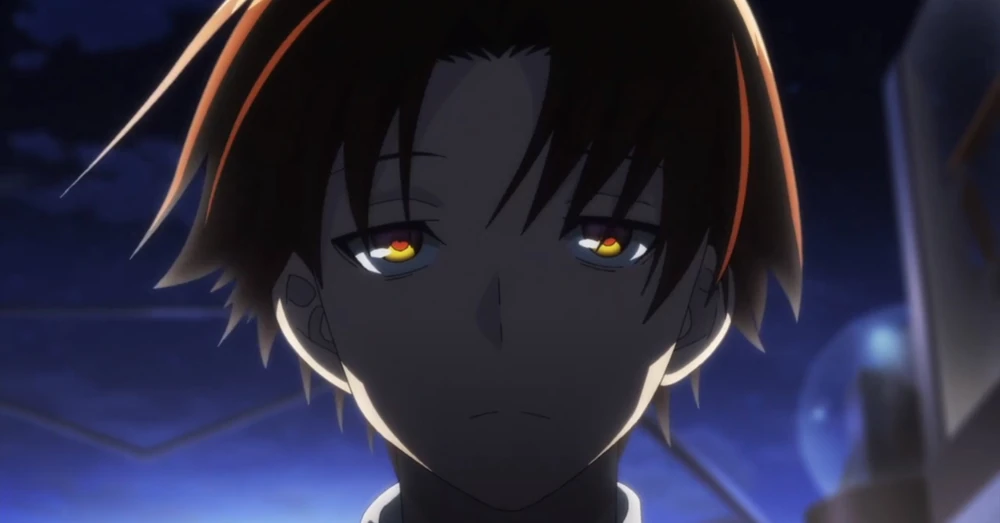The Ayanokoji Cult
 |
| Image Source |
The appeal of Ayanokoji is that many COTE fans can relate to his more superficial characteristics. For example, his peers often underestimate him. Koji-stans may misconstrue their meager social presence as social underestimation. It’s easier for someone to believe they are secretly superior than to embrace normalcy or rectify their flaws. These are crucial components of our formative years that, when neglected, foster main character syndrome and fragile self-esteem. I also worry that Ayanokoji idolatry distorts young men’s perception of maturity. Koji-stans see low empathy, Machiavellian behavior, superiority complexes, and reductive worldviews as ideals.
Picture a teenager who just caught up with the COTE light novels and adores Ayanokoji because of his intelligence, martial prowess, athleticism, and charisma. They may aspire to become Ayanokoji without recognizing his character flaws. Ayanokoji was raised from birth in the White Room, a private educational facility designed to educate children in a secluded environment. He grew to dismiss the value of recreational activities and genuine human interaction, perceiving people as tools and emotions as worthless. He espouses very cynical, pseudo-pragmatic worldviews to his fans, as exemplified by the following Ayanokoji quote:
“Smiling means letting your guard down in front of another person, even if just a little.”
Ayanokoji’s mystique so blinds koji-stans that they misinterpret Ayanokoji’s words as Gospel truth. In reality, smiling is highly beneficial to our physical and mental health. It empowers us to build intimate human connections—a lasting source of happiness. Opening up to others and showing vulnerability is a healthy facet of being human. Why, then, do Koji-stans tout this quote as some profound truth? Because his words convince young men who rarely smile that their personality empowers them to be as successful as him.
I find it tragic that Ayanokoji is a role model for some. Though it’s fine for everyone to have unique ideals, there are certain universal pillars of emotional development. Some of these pillars, such as empathy, recognition of social norms, and respect for others, are patently absent from Ayanokoji. Yet, Koji-stans worship his ability to manipulate others, his athletic ability, and his martial prowess in lieu of these pillars because these traits are superficial indicators of power. In my opinion, the perceived need to conform to some masculine ideal set by others is weakness. True strength and maturity come from discovering your ideals through experience.
Koji-stans are a symptom of a broader obsession with the ‘sigma male’, a complex subject I cannot sufficiently examine in a short blog article. However, I want to end on a note about Ayanokoji’s worldview. His monologues are laden with reductive, pseudo- intellectual statements. For instance, here is one of Ayanokoji’s most beloved quotes:
"In this world, winning is everything."
Ayanokoji’s words once again delude Koji-stans that they are experts on society. What seems like a brilliant dictum is highly reductive. Our society isn’t always a zero-sum game. We don’t have to ruthlessly trample others like Ayanokoji. I believe the person who elevates others instead of exploiting them is infinitely more commendable than Ayanokoji. Koji-stans are dogmatic, but hopefully some will notice the flaws in their thinking.
Comments
Post a Comment